Jubilee Mines NL v Riley: Examining Director Duties & Disclosure Law
VerifiedAdded on 2021/06/14
|27
|2281
|99
Case Study
AI Summary
This case study provides an in-depth analysis of the Jubilee Mines NL v Riley [2009] WASCA 62 case, focusing on the director's duties and continuous disclosure obligations under Australian corporate law. The case revolves around Riley, a shareholder and former director of Jubilee Mines, who claimed damages due to the company's failure to disclose information about a nickel discovery on one of its tenements. The analysis covers sections 180-184 and 191 of the Corporations Act, 2001 (Cth), which pertain to the duty of care, good faith, use of position, and use of information by directors and officers. The court's decision, which overturned the initial ruling in favor of Riley, emphasized that the materiality of undisclosed information should be assessed in the context of the directors' intentions and its significance to a prudent shareholder. This case highlights the importance of continuous disclosure requirements under ASX Listing Rule 3.1 and provides guidance on how directors should evaluate whether information is market-sensitive and requires disclosure to the ASX. The document also contains references to various articles and case laws related to the topic.
1 out of 27
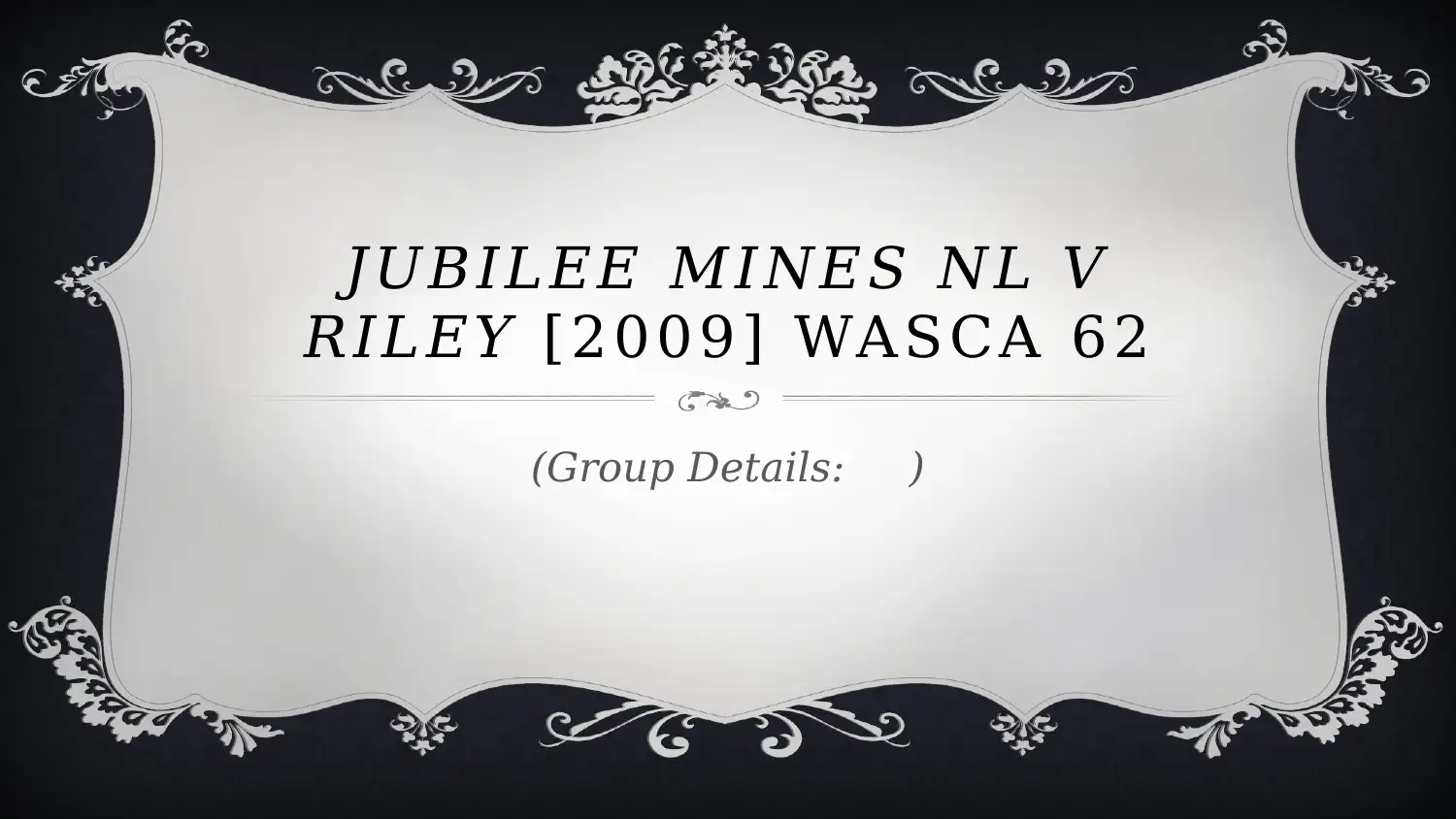
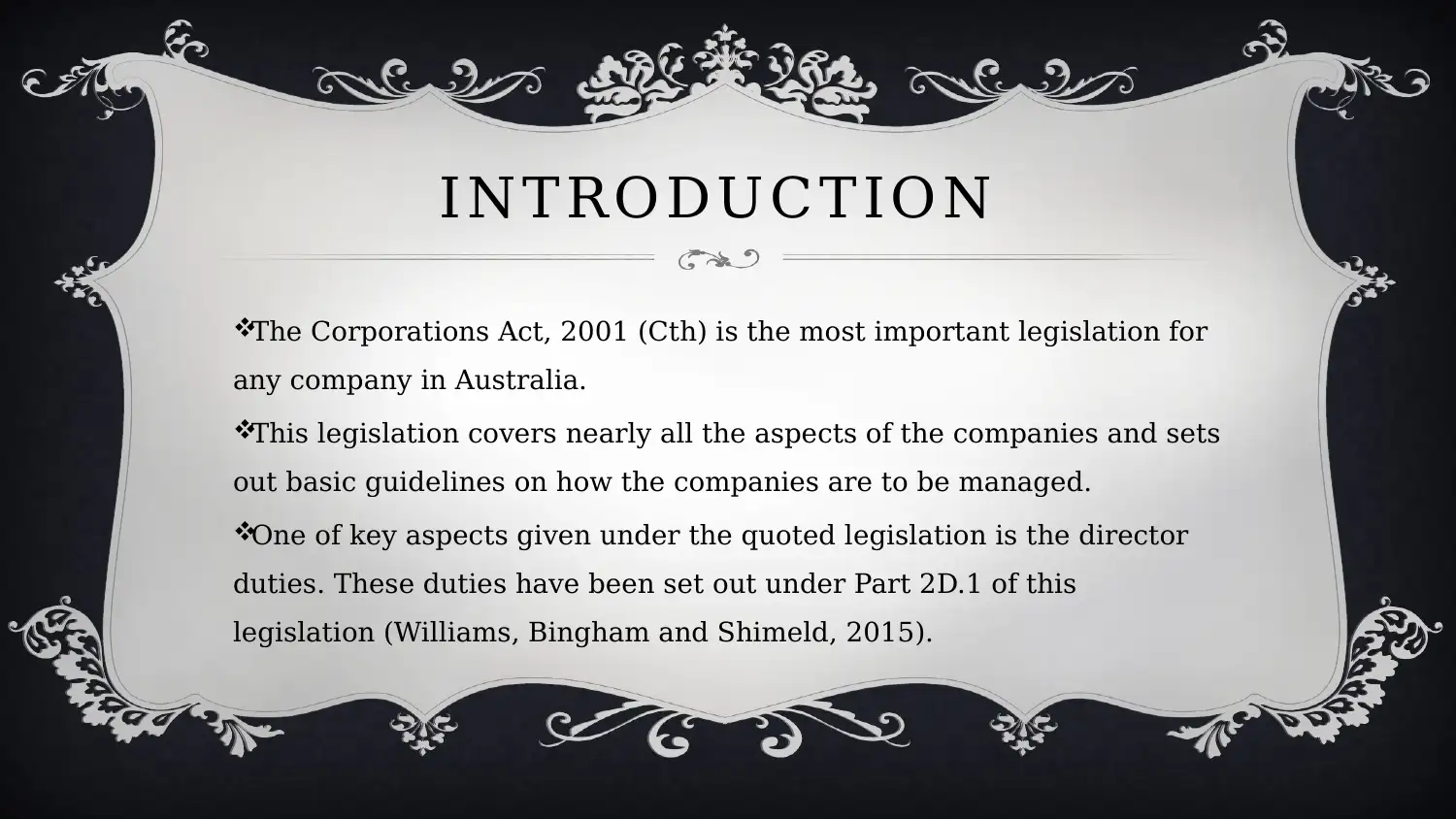
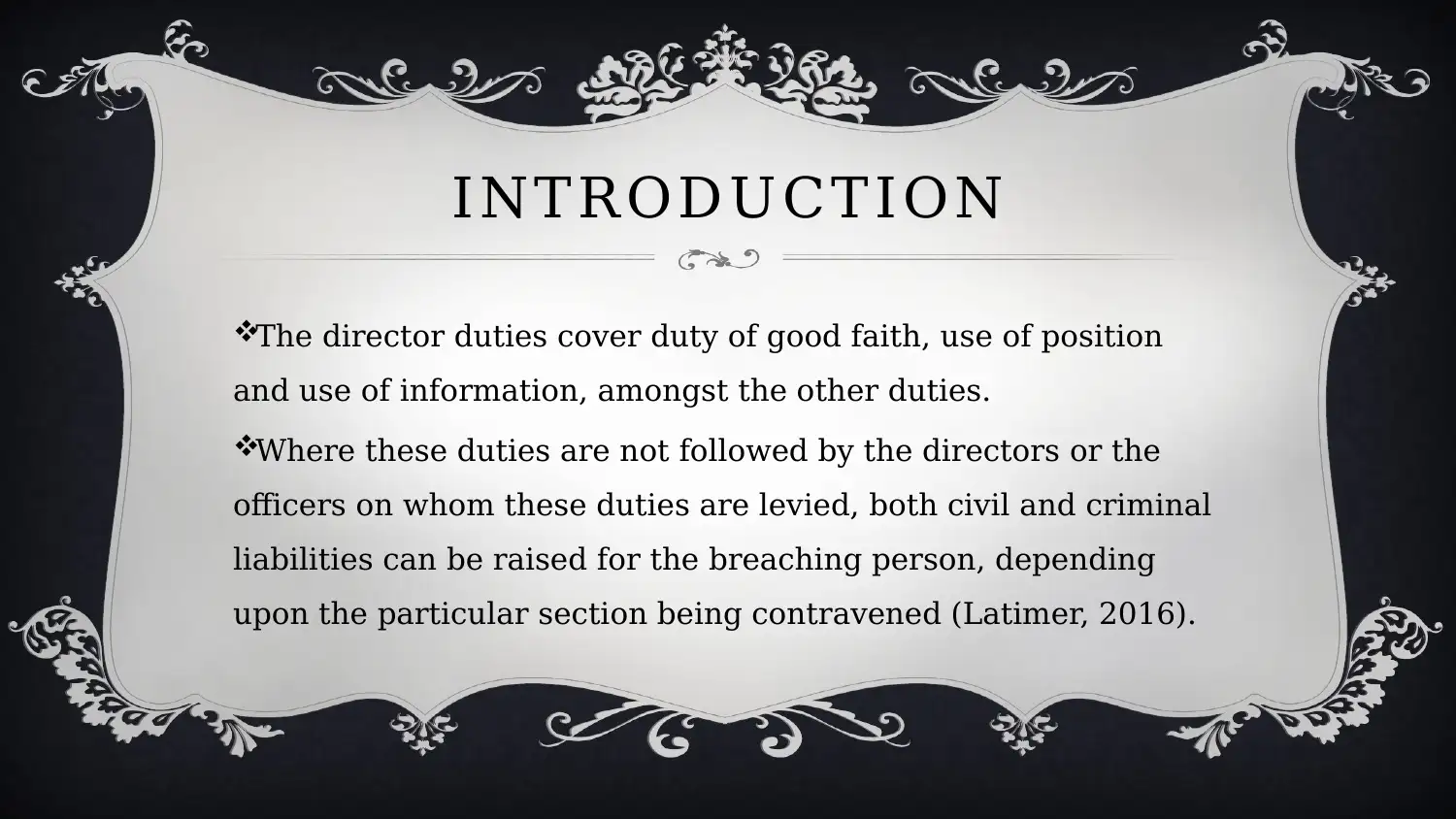

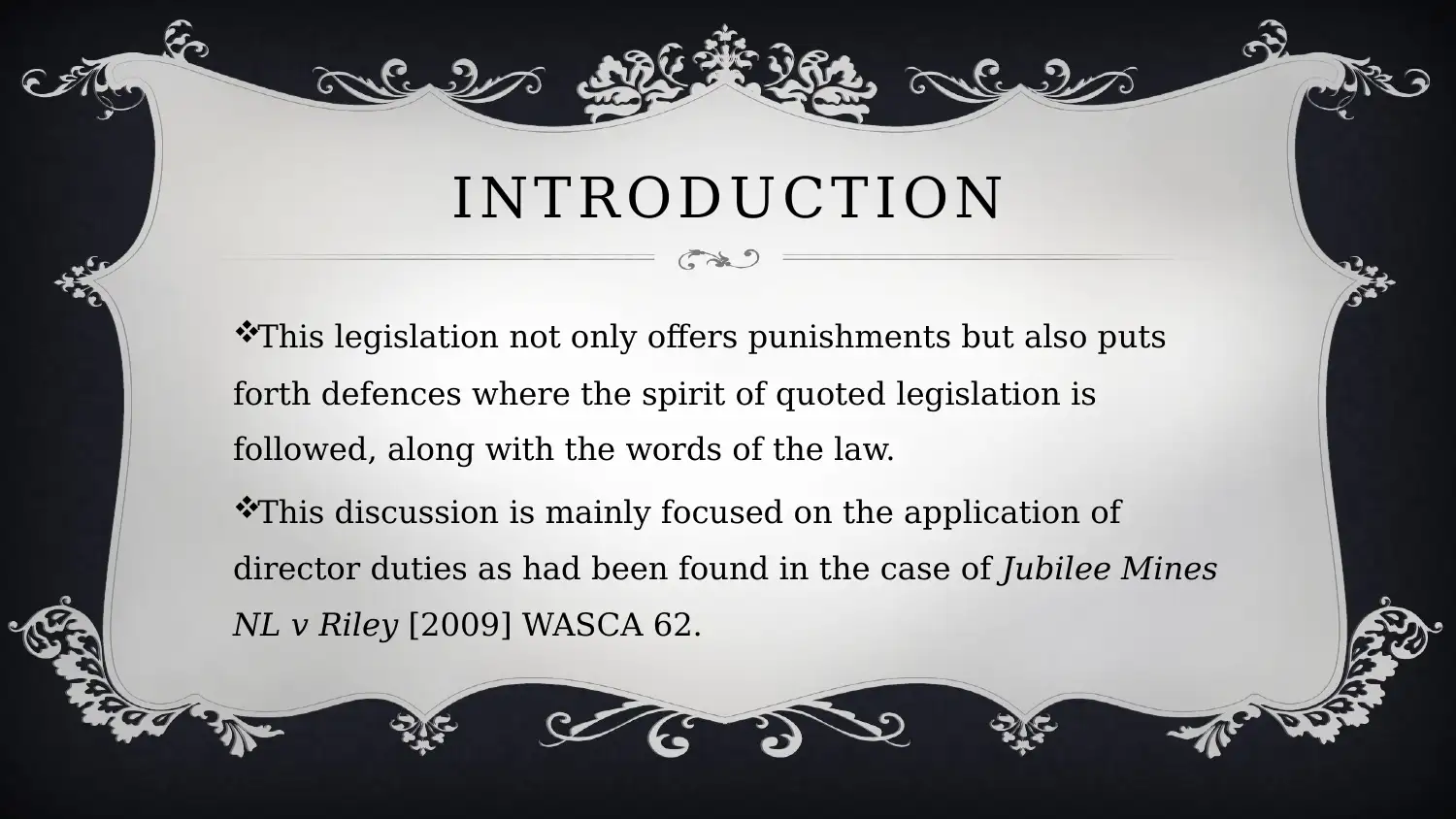
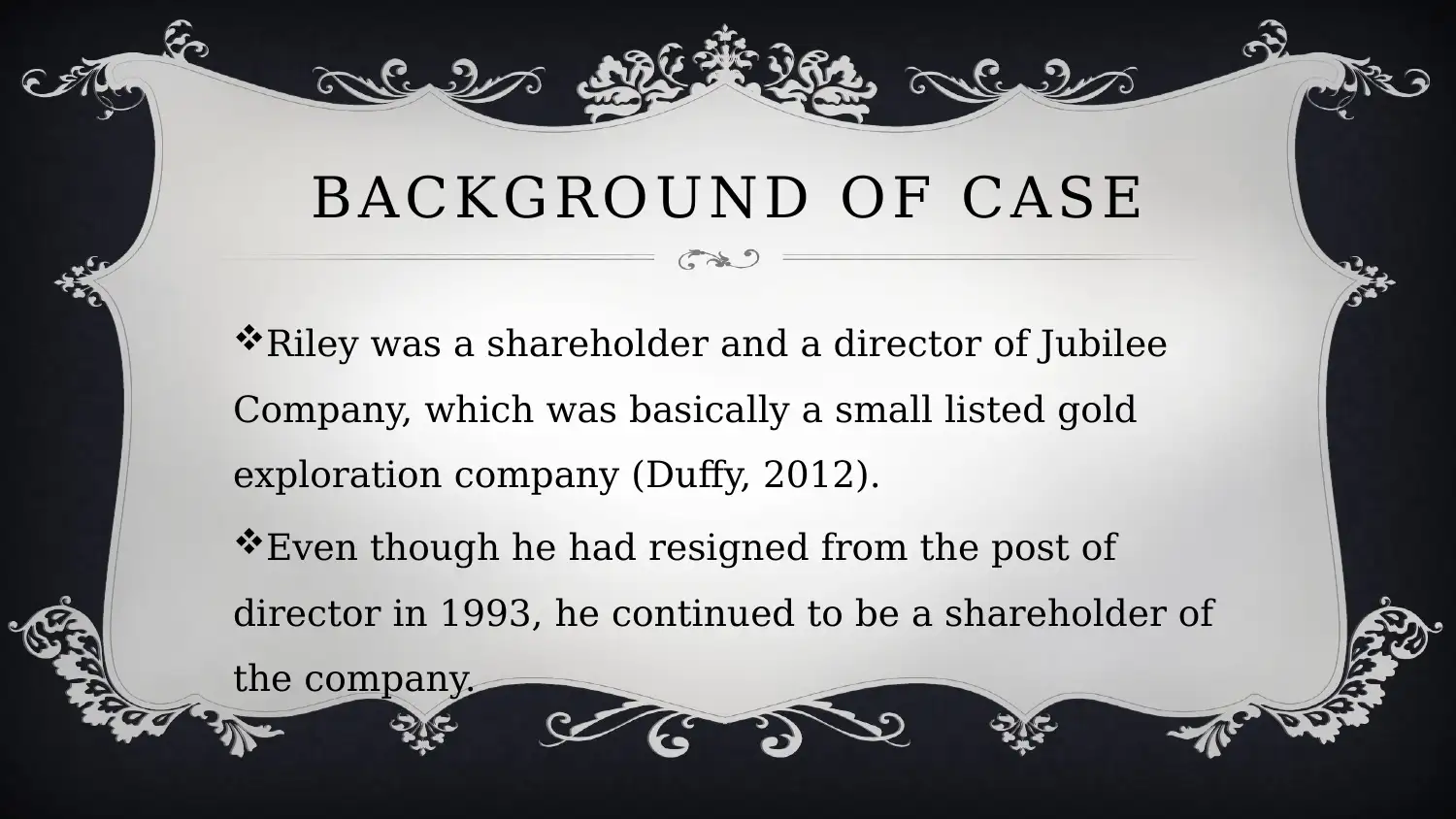
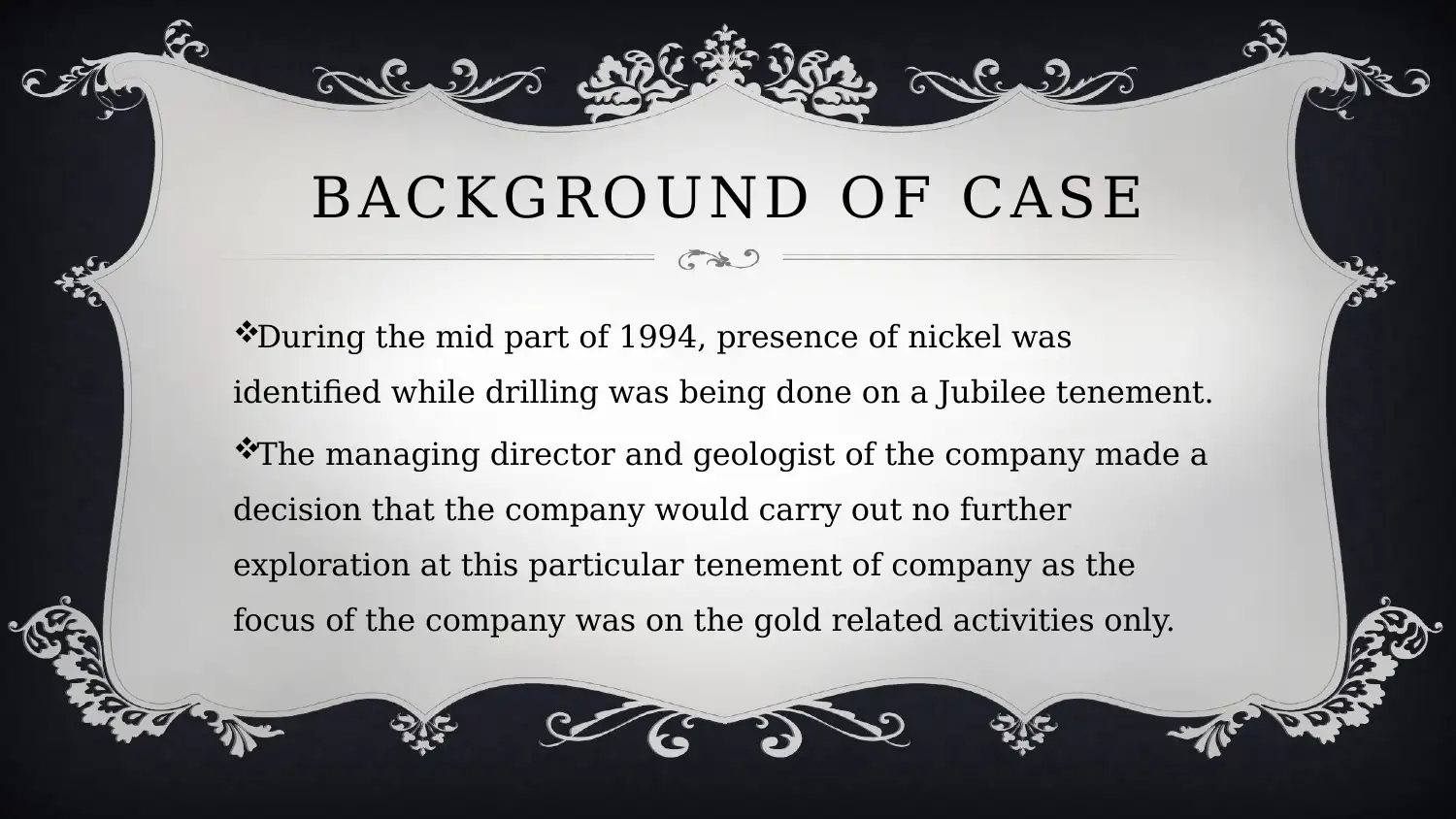
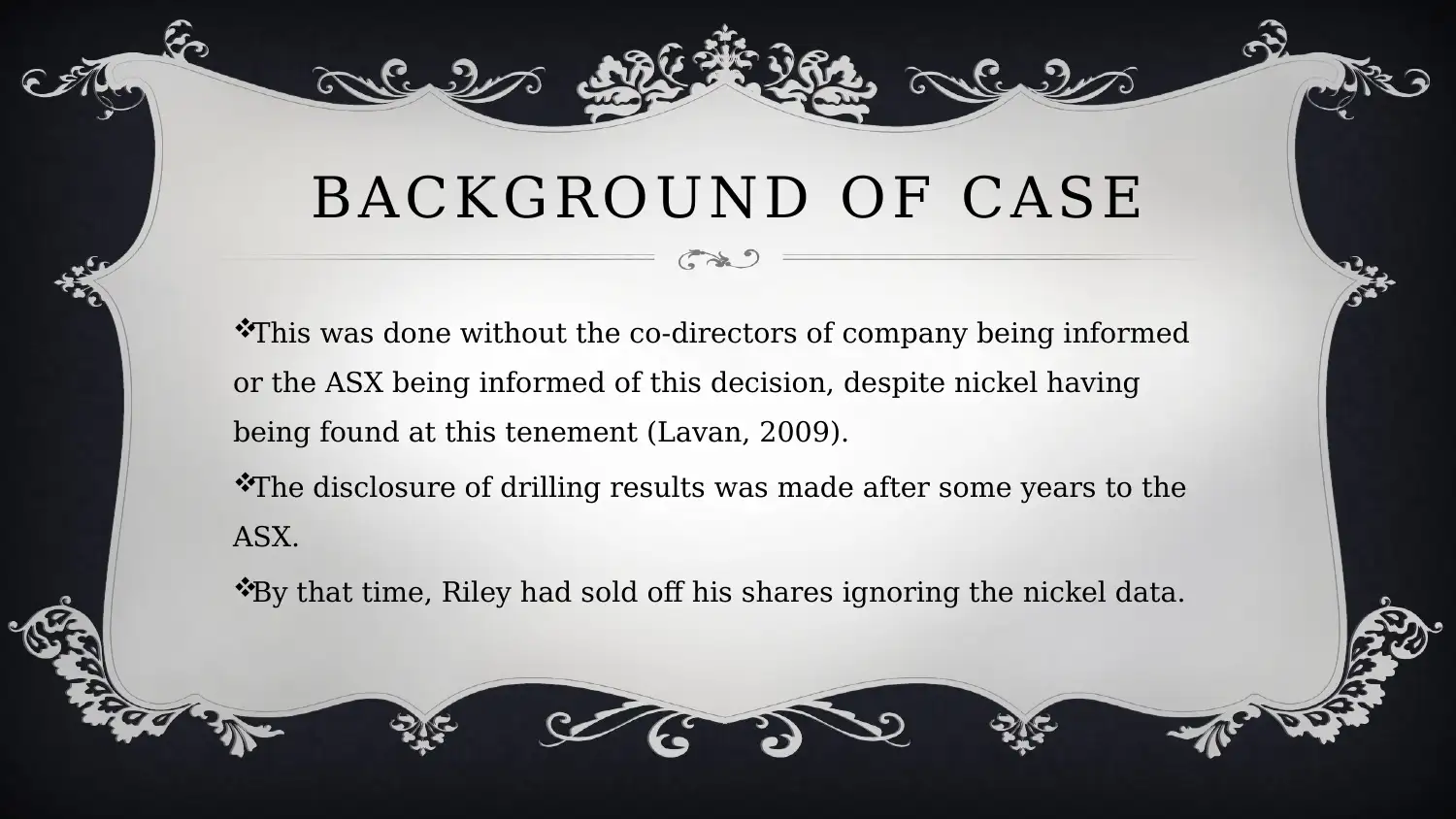
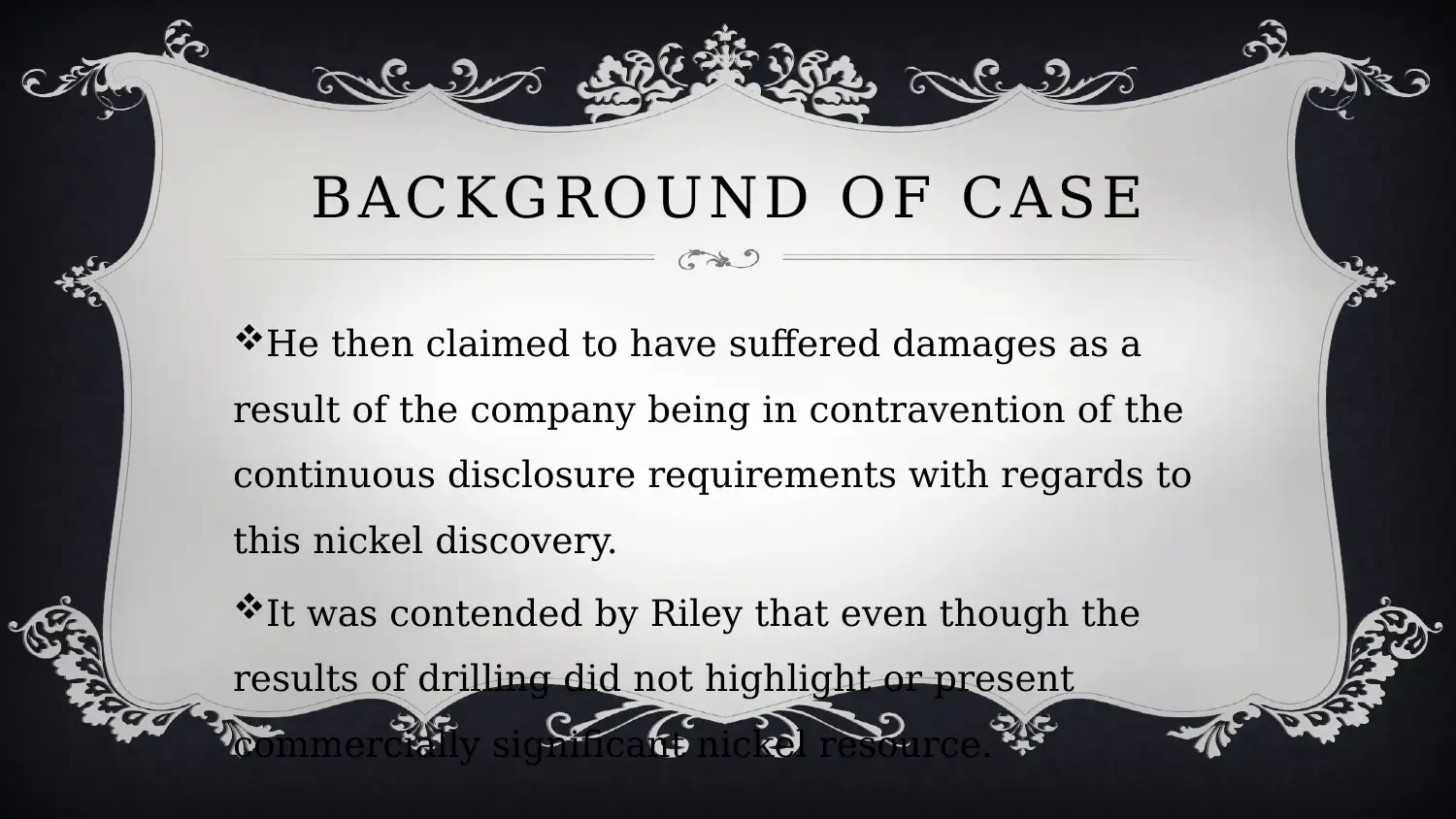
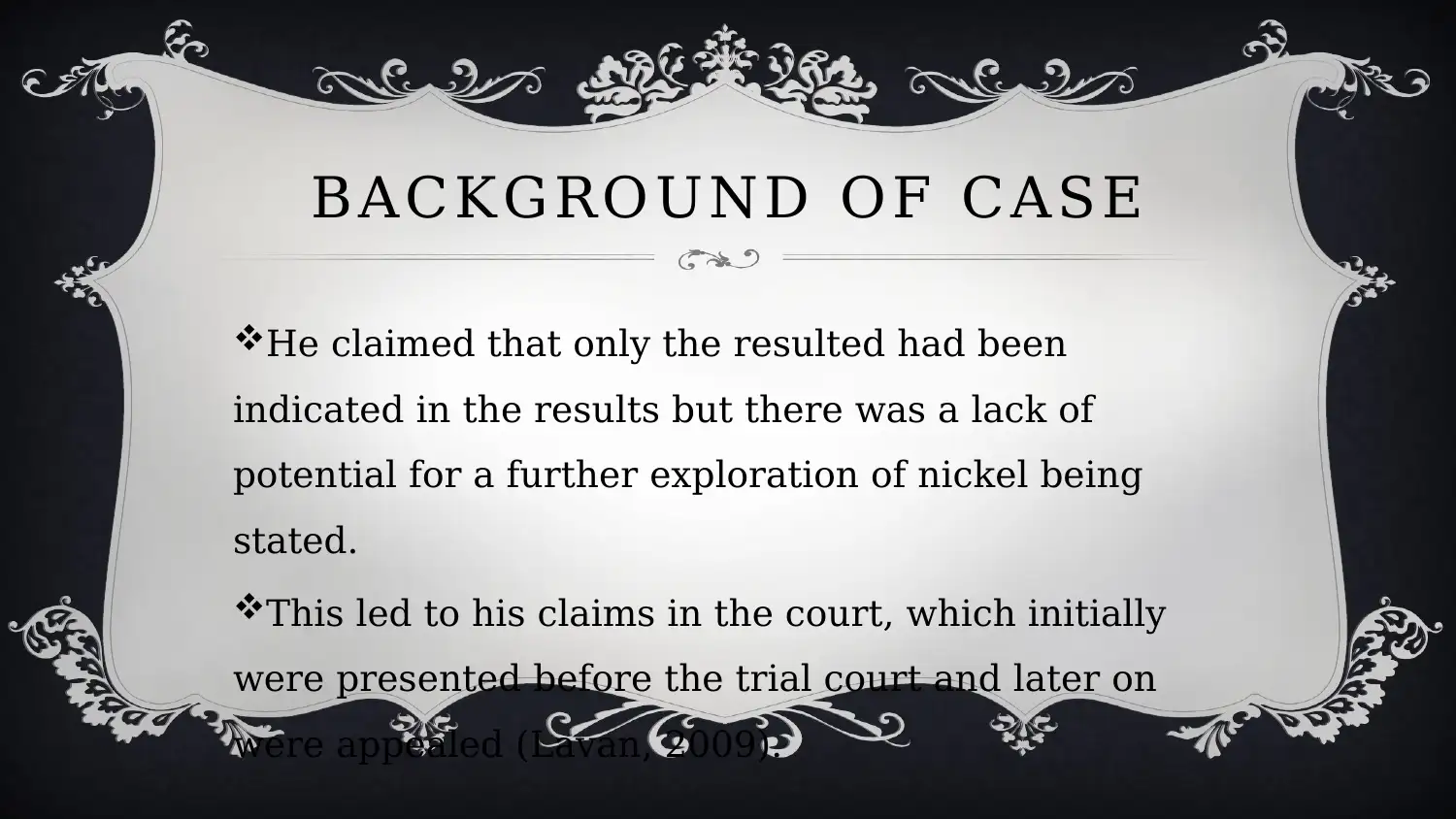
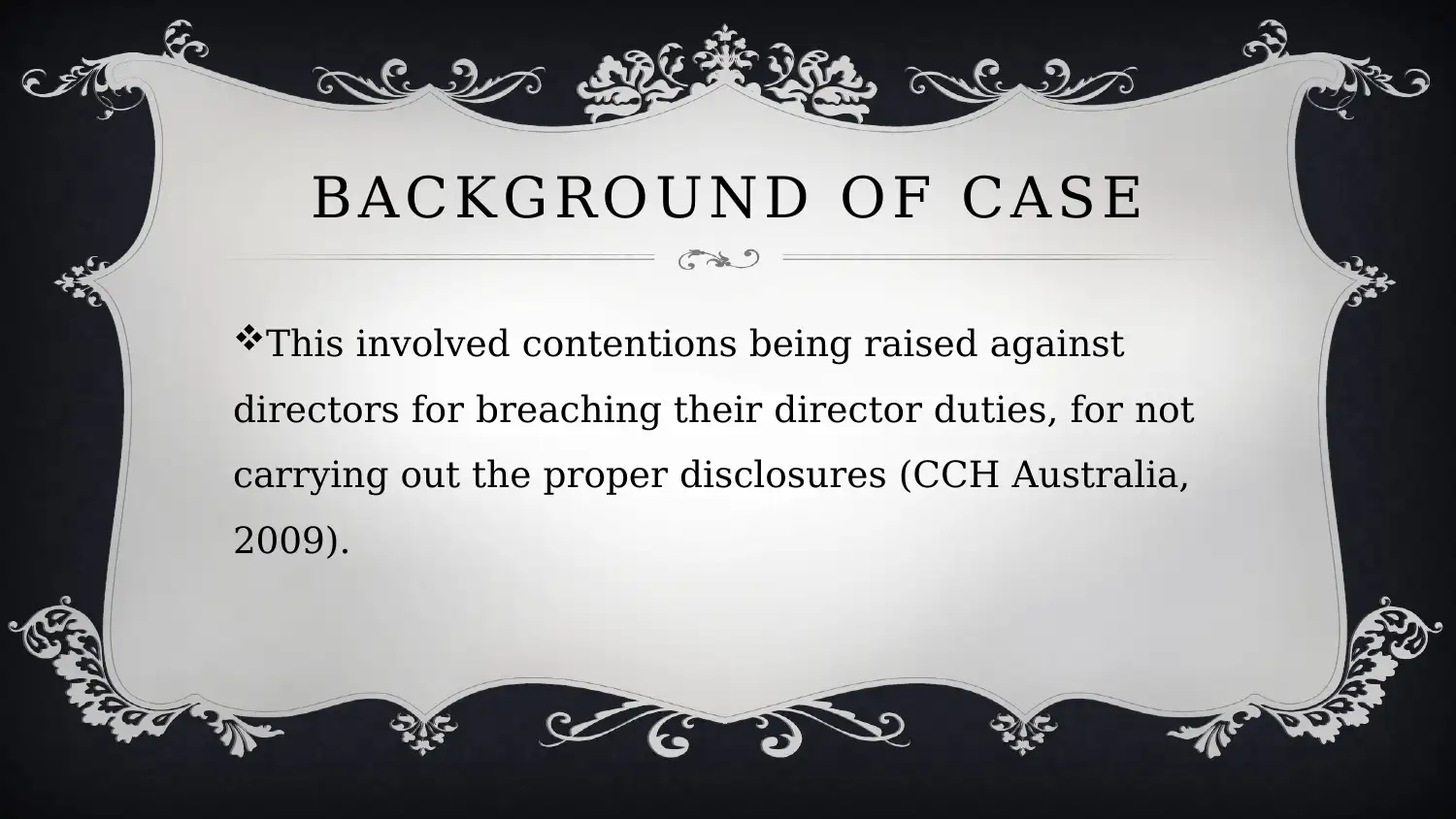
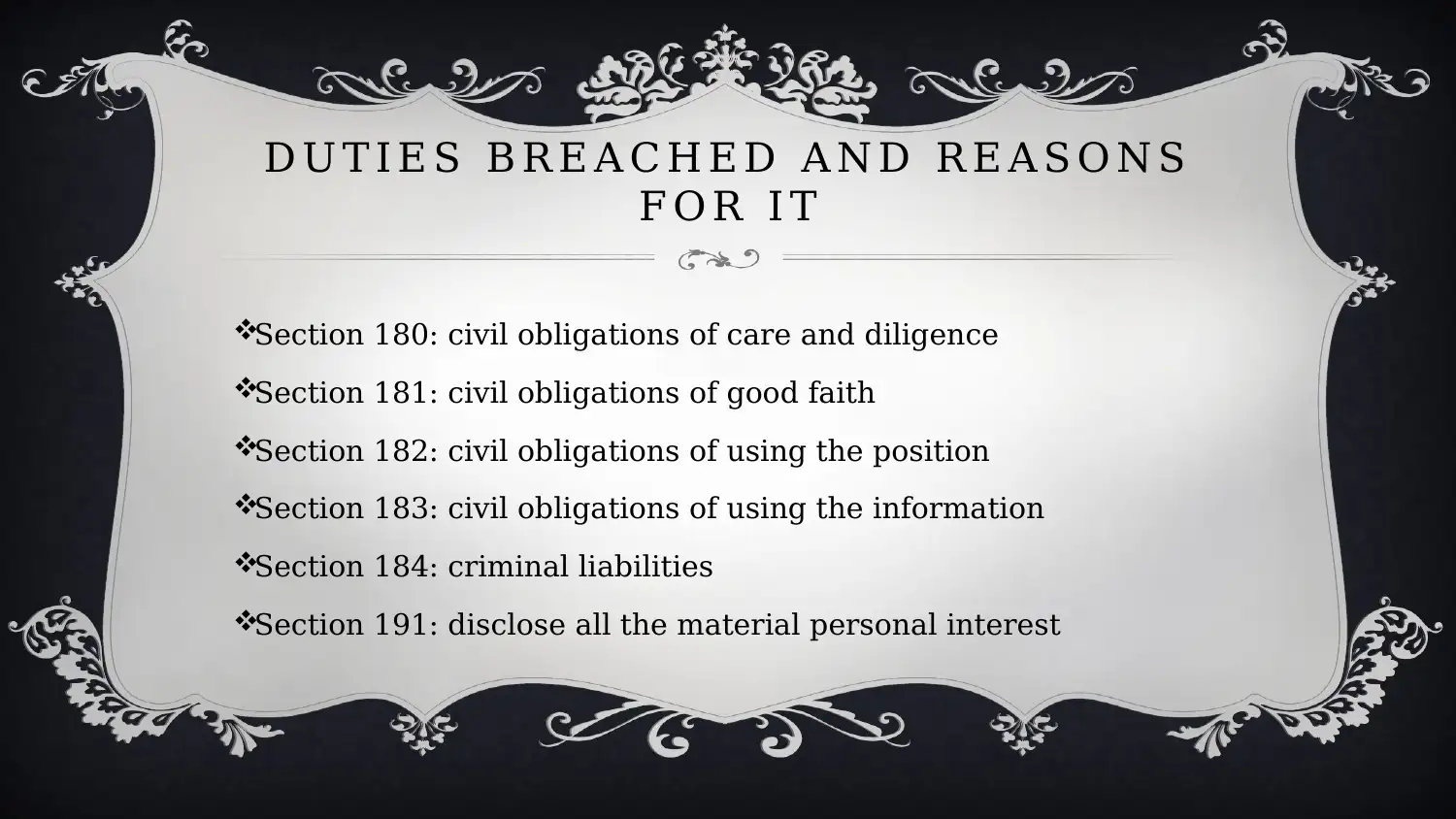
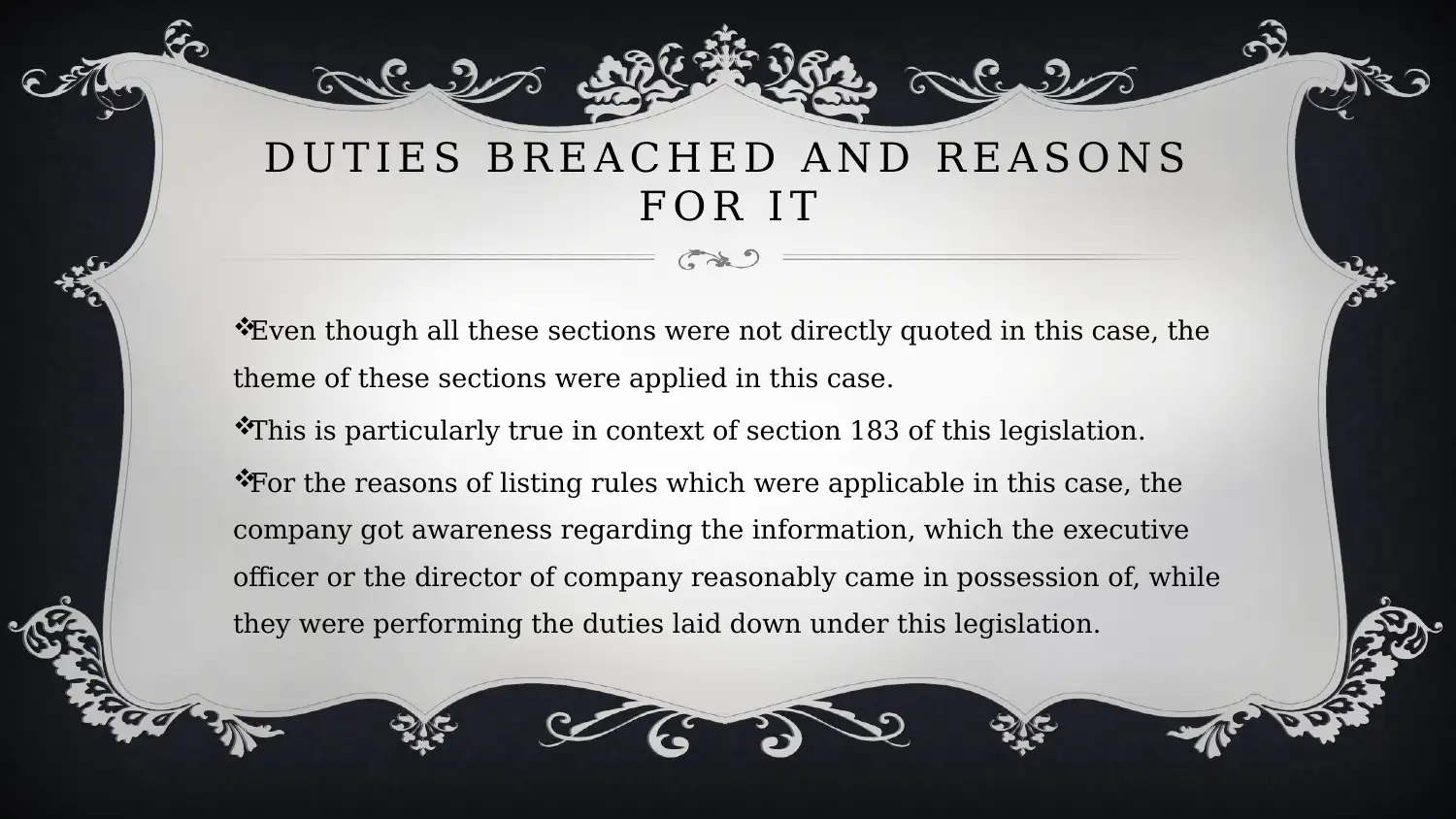




![Detailed Case Report: Hannon v Doyle [2011] NSWSC 10 - Corporate Law](/_next/image/?url=https%3A%2F%2Fdesklib.com%2Fmedia%2Fimages%2Fzc%2Fdd5abcabdccb43caaae25782500c9b22.jpg&w=256&q=75)

![[object Object]](/_next/static/media/star-bottom.7253800d.svg)